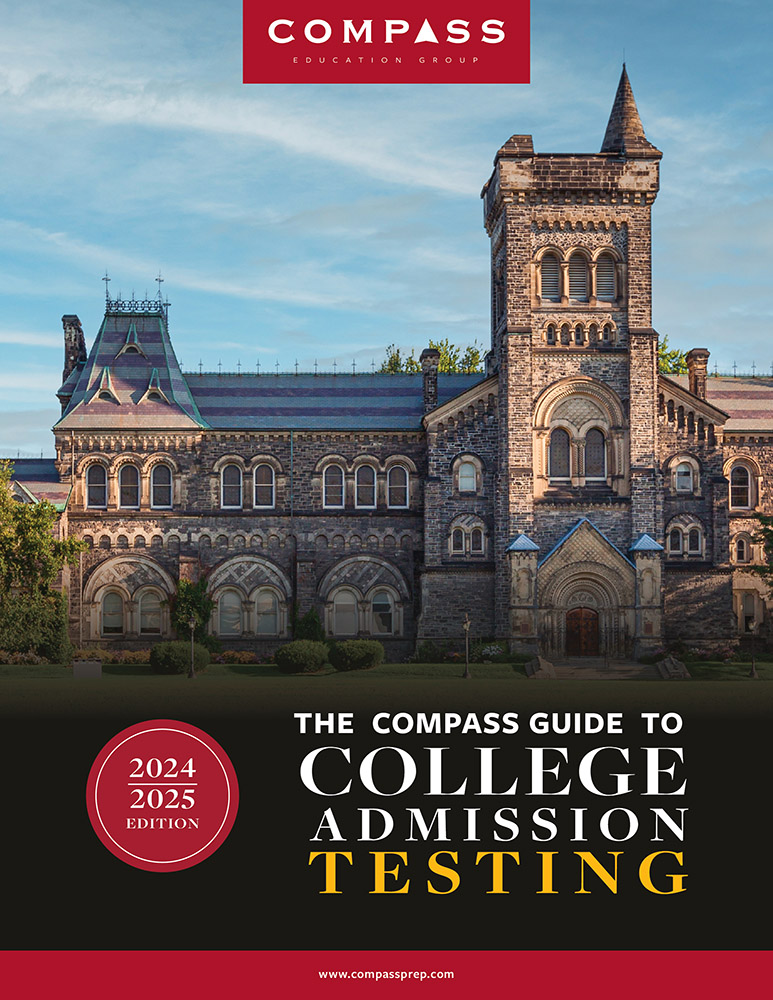
Students these days are busier than ever, and parents are just as busy trying to keep all the schedules straight. With homework, sports, plays, clubs, volunteering, and even test prep, who has time to take a proctored practice exam? The test requires four hours on a weekend morning that a student could otherwise spend working, practicing, rehearsing, or (let’s be honest) sleeping!
In a world of weekends already packed full of schoolwork, sports, and tutoring, why should a student take the time to take a test? Why shouldn’t a student just take a practice test at home or complete sections of a test over the course of the week? To put it quite simply: neither of these scenarios matches how the real test is going to feel.
Compass generally recommends that a student take at least one full-length practice test before beginning to prep for an exam. We’re so convinced in the power of proctored practice tests that we offer them as a complimentary service! Compass Managing Director Sara Dalhed recommends that students take their first proctored practice tests by the end of sophomore year so they can consider planning for foundational ACT or SAT preparation over the summer leading up to the 11th grade.
Read on to find out why proctored practice tests are so important!
Many students who take a test at home don’t do so in a manner that effectively simulates actual testing conditions.
Unsupervised at home, students can get up, eat snacks, and get distracted by a TV blaring in the living room or notifications popping up on their phones. At home, students rarely wait out the full time allotted to each section if they finish early; it’s more likely they’ll simply jump to the next section, rushing just to get through it.
A proctored testing environment, whether at one of our testing locations or through our online proctoring, helps students take their practice tests seriously.
Preparing for testing is in many ways similar to preparing for a major sporting event: it requires practice, mental endurance, and a strong idea of what to expect when one enters the testing room. In my opinion, there’s no better way to achieve the latter than a close simulation of the real thing.
Carving out a four-hour block on a weekend is a hard thing for today’s students to do. However, the four hours will be required on the actual testing day, so the student might as well start growing comfortable with that block of time.
Furthermore, a practice test can help a student decide whether she wants to focus her prep efforts on SAT or ACT, if she doesn’t express a natural preference. The pacing of each test can feel different to the student taking the test, and some students express a natural inclination toward one test or the other. Click here to read our post about how pacing and time management can impact a student’s choice.
To schedule your complimentary practice test, visit our practice test sign-up page.

